Understanding and Managing Stress After Bariatric Surgery
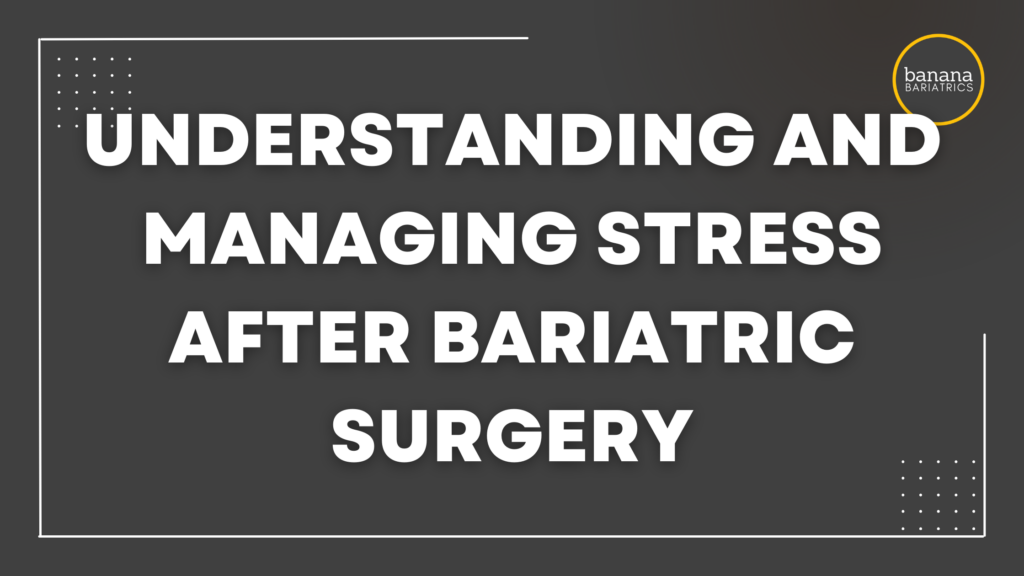
Undergoing bariatric surgery is a significant life decision that comes with substantial physical and emotional changes. While the primary focus is often on the physical transformation and weight loss, the emotional and psychological impacts, including stress, should not be underestimated. Managing stress effectively after bariatric surgery is crucial for a successful long-term outcome.
Common Sources of Stress Following Bariatric Surgery
Life after surgery can introduce a variety of stressors. In the beginning, you may begin having feelings of vulnerability or anxiety as the body adjusts to new eating habits and a physical appearance that keeps changing. Hormonal changes due to rapid weight loss can also contribute to mood swings and emotional distress. The other variables that can also cause significant stress include slow caloric and diet advancement the first 4-6 weeks around surgery, nausea, food aversions, food intolerances, and taste changes.
As the months go on after surgery, you may begin to realize that what the surgery didn’t prepare you for, was for dealing with your mindset and relationship around food. Eating food may not feel so… comforting anymore. This can make you feel sad! What are you supposed to do to decompress after a stressful day of work? How are you going to cope with having a loved one seriously ill in the hospital? How are you going to navigate Sunday night dinners with your Italian family?
Strategies for Emotional Regulation and Stress Reduction
Navigating the emotional and psychological aftermath of bariatric surgery requires more than just physical care; it demands comprehensive strategies for emotional regulation and stress reduction. Each point listed below provides a practical step towards building resilience and fostering a positive mental state during the recovery journey.
- Seek Professional Guidance: It is vital to maintain regular contact with your healthcare team, including a bariatric psychologist or counselor. These professionals specialize in helping individuals adjust to the changes and challenges post-surgery.
- Engage in Mindful Eating Practices: Re-learning how to engage with food in a healthy way is fundamental. Mindful eating practices can help form a new, positive relationship with food, focusing on nutrition rather than emotional comfort.
- Incorporate Regular Physical Activity: Exercise is not only beneficial for physical recovery but also for mental health. Activities like walking, yoga, or any moderate exercise can enhance mood and reduce stress.
- Develop a Support Network: Connecting with others who have undergone similar experiences can provide emotional support and encouragement. If you’re looking for a positive, encouraging, and uplifting bariatric community, we would love for you to join ours!
- Practice Mindfulness and Relaxation Techniques: Techniques such as meditation, deep-breathing exercises, and progressive muscle relaxation can help manage stress levels effectively.
If you’re not sure where to start when it comes to transitioning your energy and thoughts away from food, brainstorm hobbies and activities that you can “lose yourself” in that you enjoy, such as:
- When you sit down at the piano, do all of your thoughts around food disappear?
- Do you walk a mile or two around the neighborhood when you call your best friend to vent?
- Does listening to an affirmational podcast as you walk a nature trail offer you a mental “reset”?
- Is it fulfilling to you to just be out in the garden, taking care of your plants?
Whatever it is that brings you joy- do more of it. It’s as simple as that.
Managing Social and Relationship Dynamics
Social interactions often center around food, which can feel extremely challenging when you’re trying to adjust to life after surgery. Planning ahead for social gatherings and preparing your own meals is crucial to staying on track. As you undergo these transformations, maintaining open communication with friends and family is vital, as relationships may evolve with your lifestyle.
You’ll be amazed at how dramatic of a change surgery can have on your life. Yes- in the beginning- the change may feel physically the most noticeable. But after those first few months, you may begin to see a spark of the new version of yourself peeking out:
- You may start to notice that you are more of an advocate of yourself and your own needs (for once!).
- You may feel more confident in your own skin.
- You may feel like your body is changing in ways other than the number on the scale. I’ve heard many patients describe non-scale victories that usually start with; “I haven’t done [x] or worn [Y] since high school!!”
- You may have more energy and more interest to do things that require physical activity (hello, hiking!)
- You may be ready to shed old or toxic relationships from your life in order to welcome more positive, healthy, and encouraging people into your support network.
The journey post-surgery is transformative, extending beyond physical changes to deeply impact your life. It’s crucial to embrace this new phase with a mindset focused on self-care and healthy living. Celebrate both your non-scale victories and the everyday progress as you explore this new chapter. Ultimately, happiness after surgery isn’t just about achieving weight loss goals—it’s about embracing a new lifestyle with a positive outlook and cultivating habits that nourish both the body and mind, ensuring a holistic approach to well-being.
Conclusion
Navigating the transformative journey after bariatric surgery involves more than physical changes; it demands deep emotional and psychological adaptation. Effective stress management is crucial, incorporating professional support, mindful eating, regular exercise, and robust social networks. Embracing mindfulness and relaxation techniques helps with keeping emotions well balanced. As you embark on this new phase of life, it is essential to focus on holistic well-being, to celebrate non-scale victories, and cultivate a lifestyle that supports both physical health and emotional resilience, ensuring a comprehensive approach to recovery and personal growth.
Finding Happiness After Surgery
Yes, you CAN feel, look, and BE happy after surgery. What you’ll find, however, is that it takes a lot of mindset work and a healthy support system of friends and loved ones who get what you’re going through. If you’re looking for a bariatric support community who understands your same struggles and who will not only encourage and uplift you but also help you feel safe and vulnerable to vent (when you really need to vent)… then I highly encourage you to join our family at Banana Bariatrics. We’d love to have you and can’t wait to meet you!


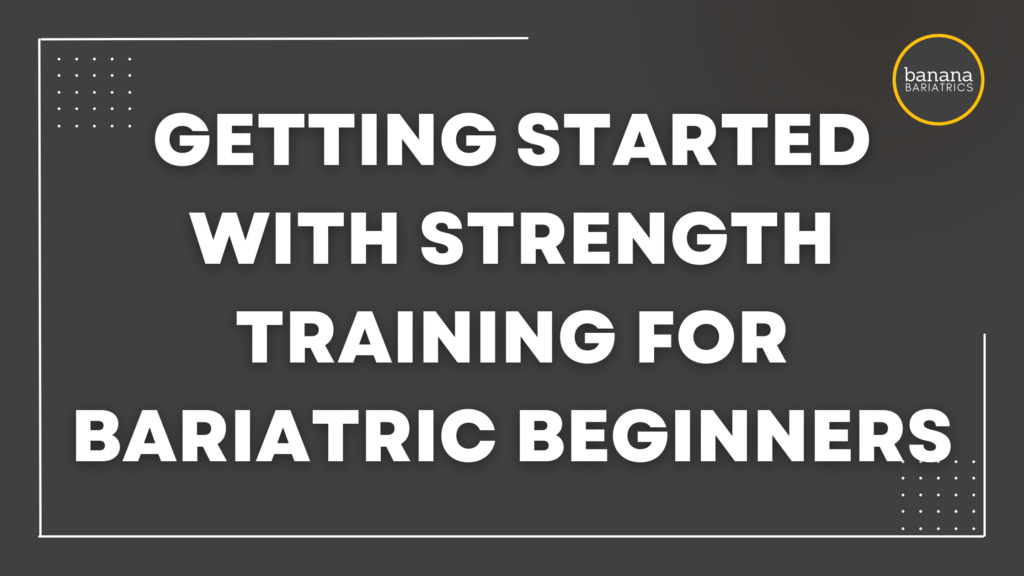
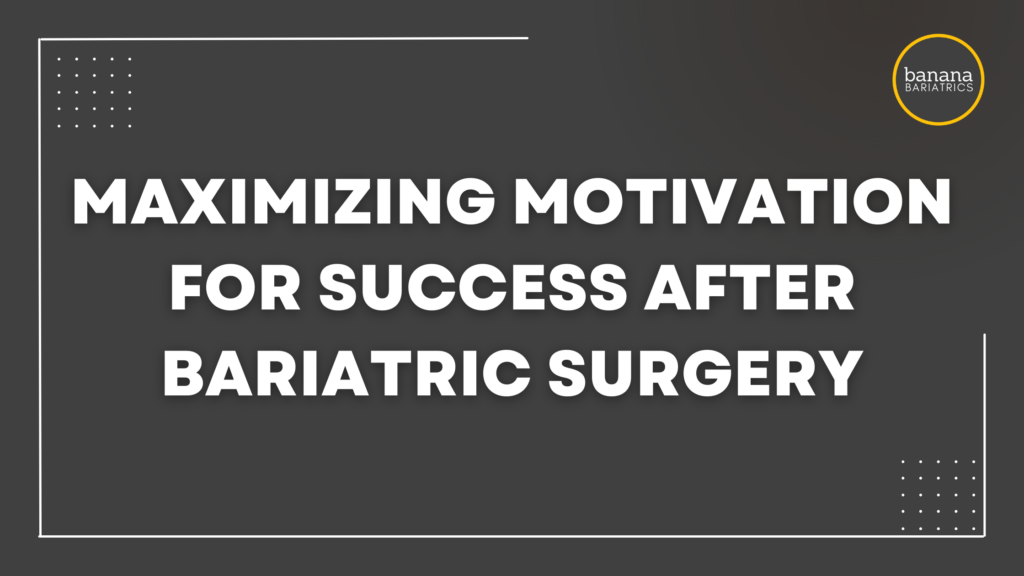
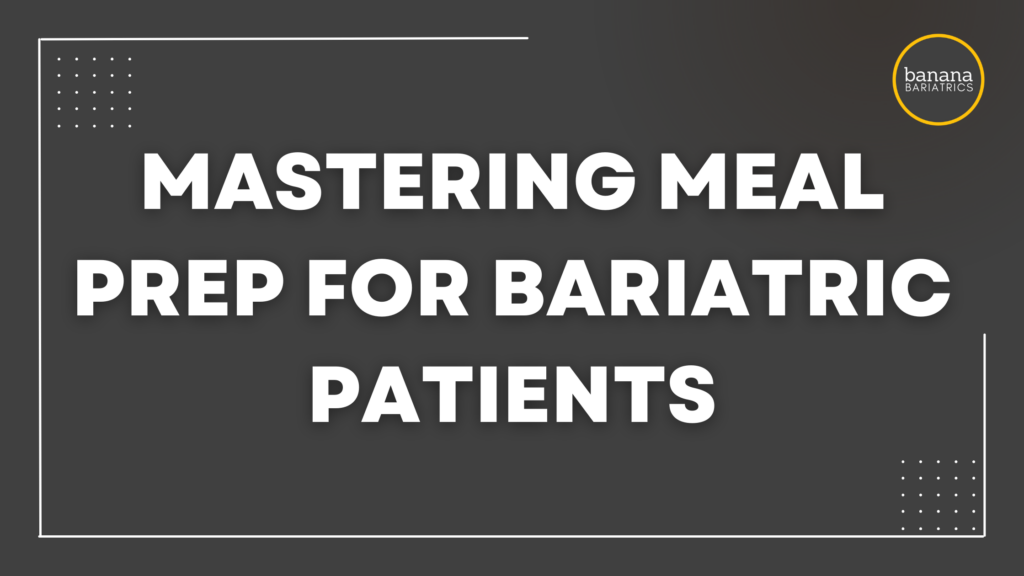
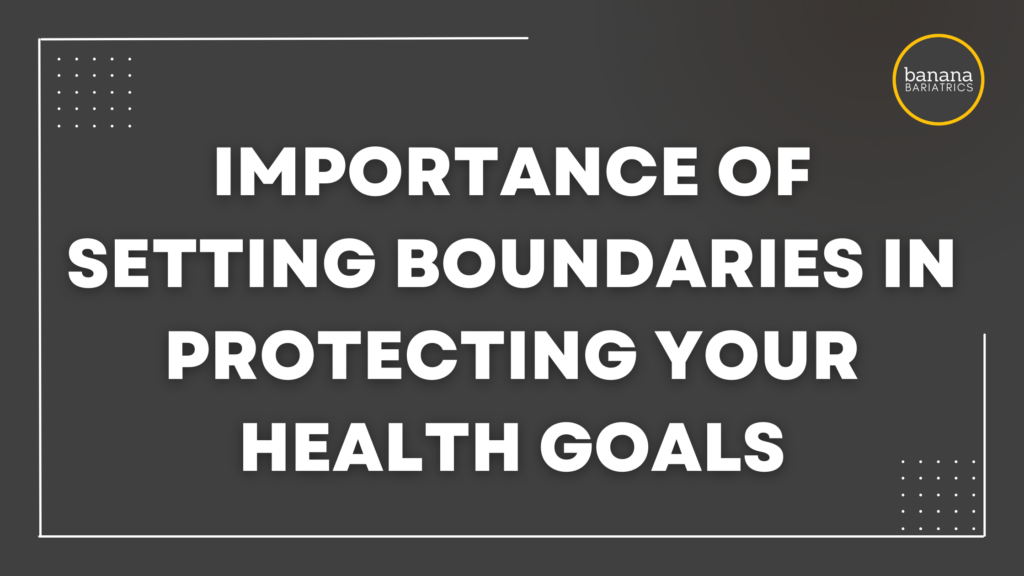
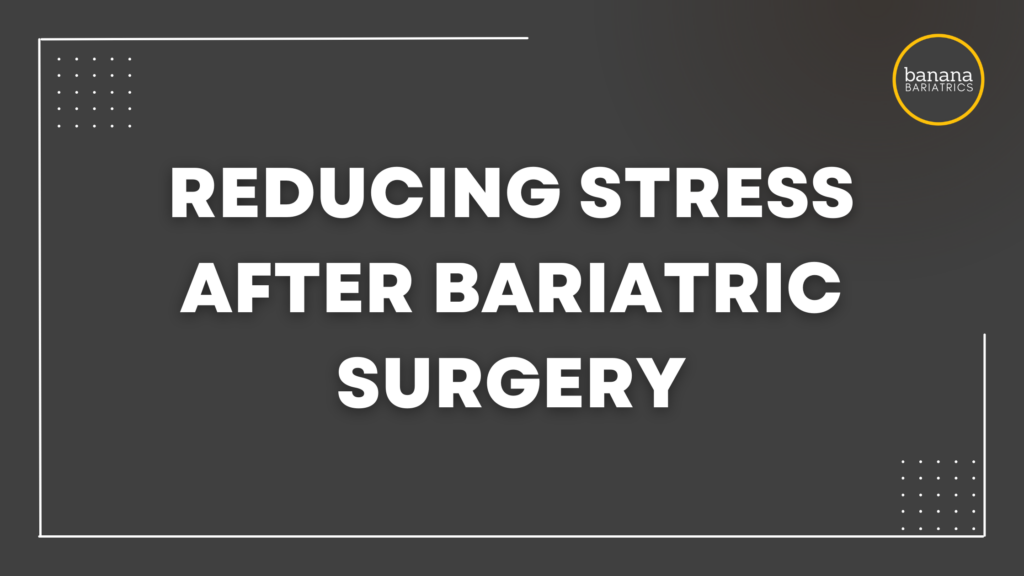
Responses